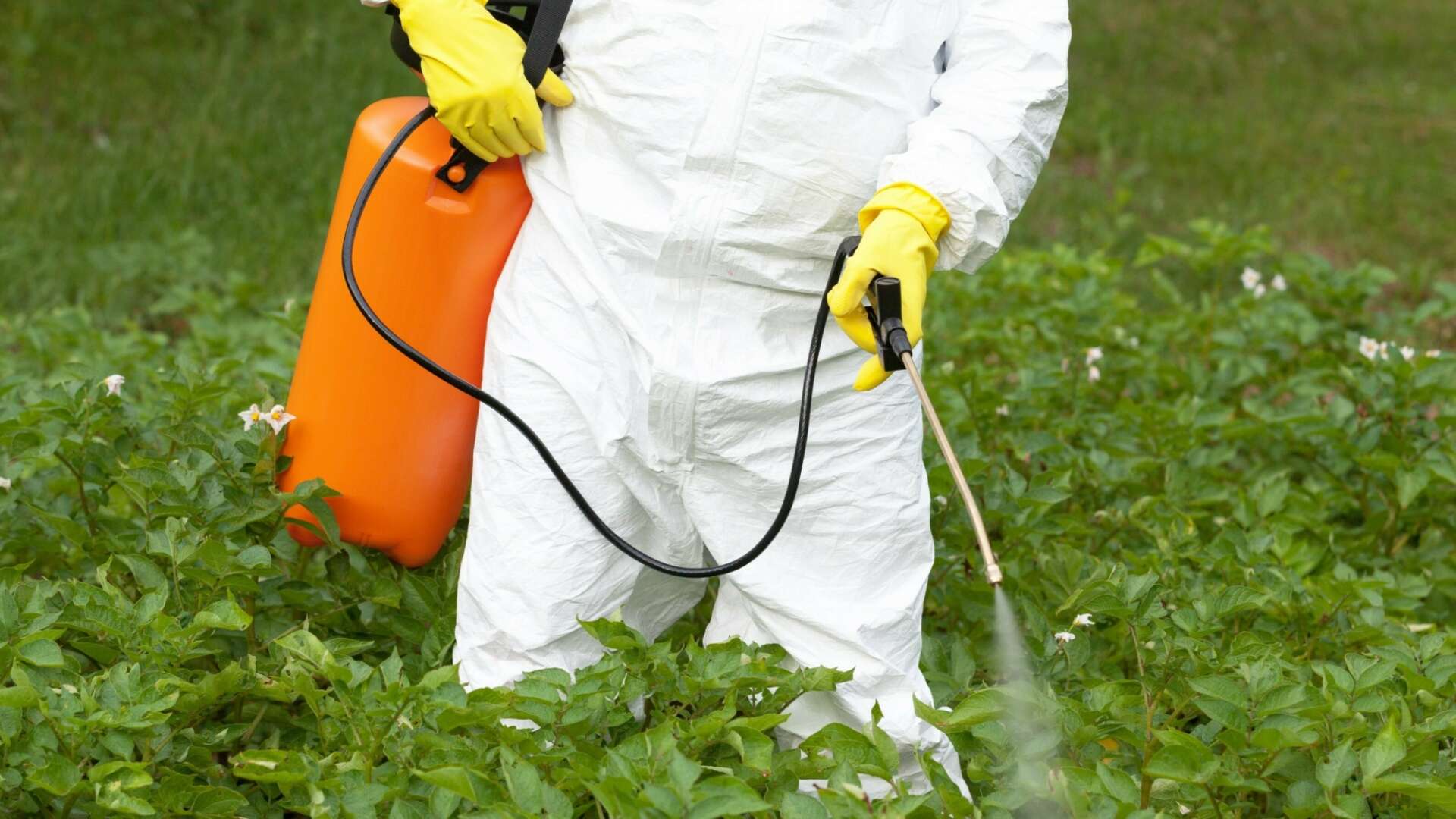Glyphosate: the latest scientific review

This 90 page review lists research papers from around the world. The work of independent scientists assessing the impact of glyphosate on subjects as diverse as human health, earthworms and spiders, freshwater life and soil microbes. The evidence is damning.
For humans, the chemical can cause kidney and liver damage, imbalances in the intestinal microbiome and intestinal functioning, cancer, endocrine disruption, neurological damage, and immune system dysfunction.
The review also looks at the effects of GBHs on the environment - the soil, water, flora, fauna and microcosms. This includes, for instance, the makers' claim that glyphosate has a limited life in soil (up to 3 months) when in reality, in colder and seasonal climates such as the UK, residues can affect the soil up to 3 years after application. Glyphosate binds micronutrients in the soil and causes nutrient deficiencies in plants that increase their susceptibility to disease. This also produces food crops, such as soya beans, which are deficient in nutrients. Below the surface of the soil, glyphosate and the chemicals used with it, will radically alter the microbial community. All those thousands of small life forms which help create a growing environment for plants to flourish.
Glyphosate on its own has a low toxicity rating (WHO Table 5) despite the substantial evidence of adverse health effects. However, chemical surfactants added to formulated glyphosate products, such as Roundup, are more toxic: the surfactant POEA present in many formulations is about 5 times more toxic than the glyphosate itself. There are a number of other chemicals added to glyphosate formulations or contaminating them; some are known to be harmful, but many are regarded as trade secrets and it is unknown which might be contributing to the health effects.
Aggressive public relations and marketing by glyphosate’s developer Bayer (formerly Monsanto), has resulted in the widespread perception that the chemical is ‘safe’. This review dispels this myth of ‘safety’ and highlights the urgent need to re-examine the authorization of products containing glyphosate. A full chemical profile is presented, along with the regulatory status of products containing glyphosate in many countries and information on viable alternatives.
The PAN Glyphosate Monograph is here. For essential background reading on glyphosate see Glyphosate, the Debate.